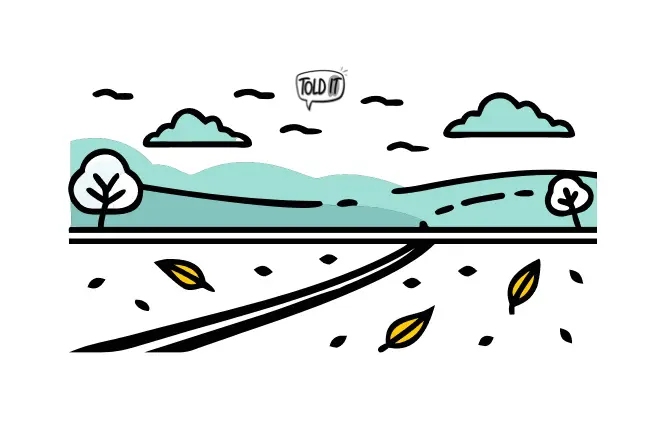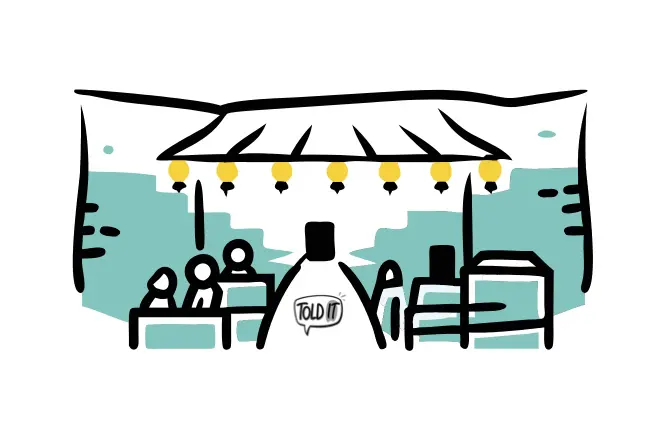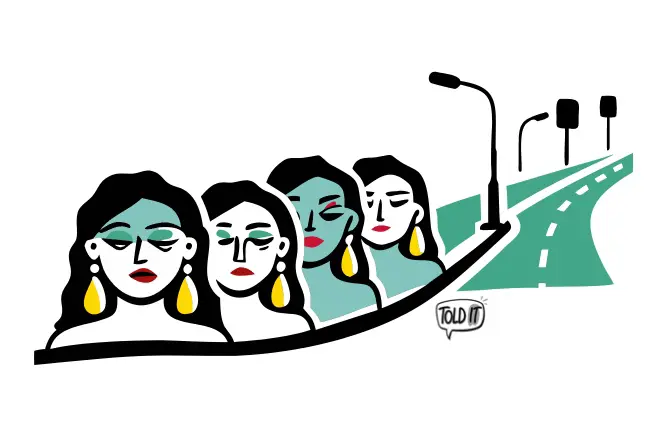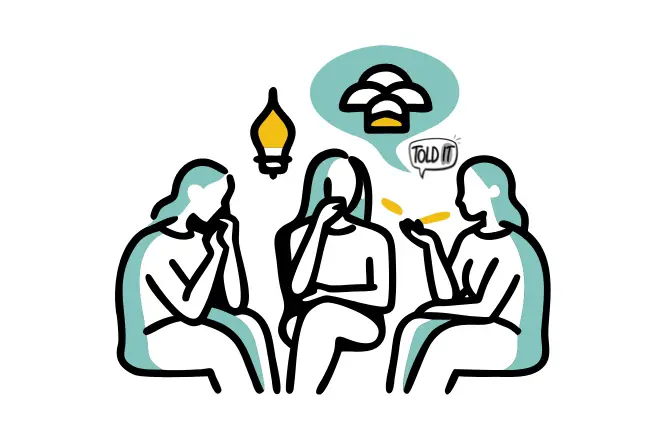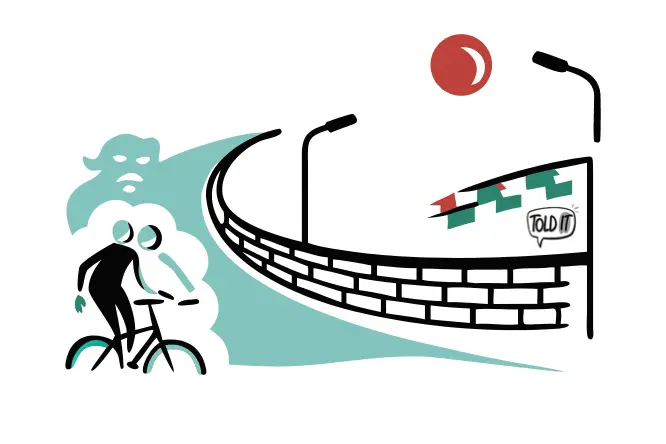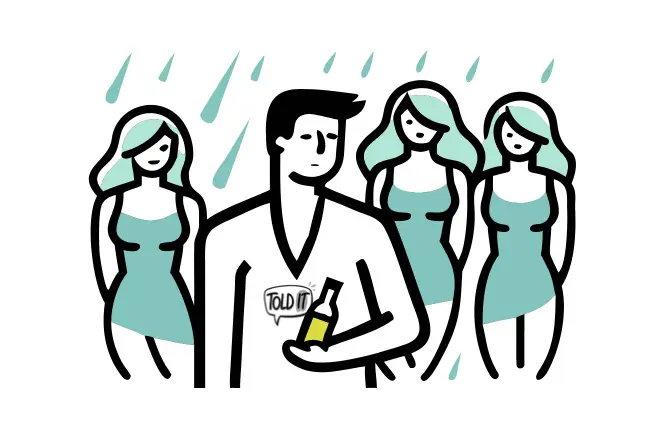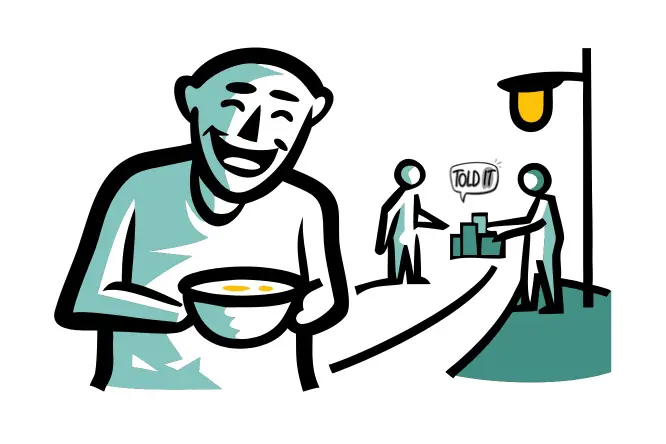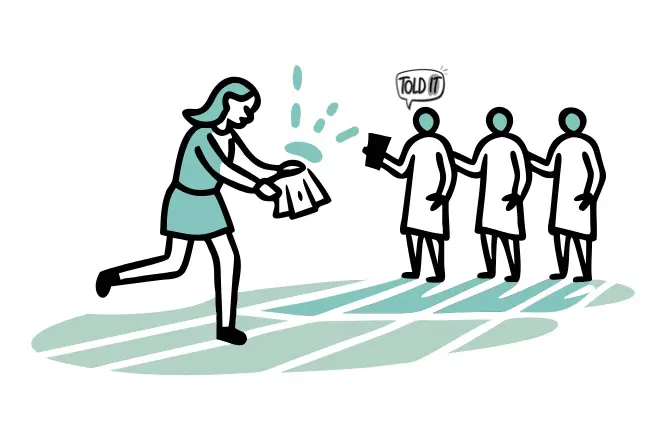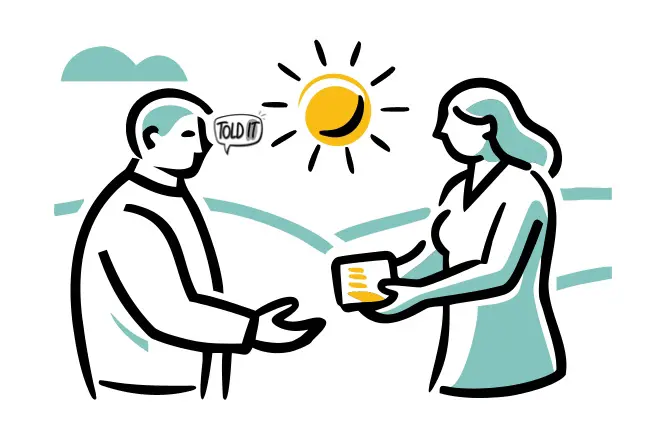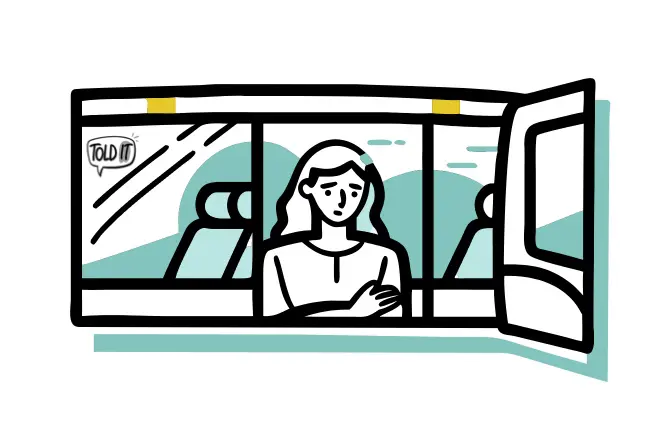Dusk and Desolation
As the afternoon fades, dusk hesitates on the edge of the horizon. The sky is veiled with clouds, absorbing the sun’s dying light into a wistful, dim gray. The air feels heavier than the hour suggests, weighed down by the sullen weather. The whole world seems to droop under its spell — and the mood is worsened by politics. Everything today feels suspended, motionless.
A powerful local leader has been murdered. In protest, a strike has been declared. Life across a vast region has come to a halt. Even the national highway skirting the area lies deserted. Long-distance buses avoid entering, taking the bypass instead. Only the hum of homebound birds breaks the silence — a silence that deeply unsettles those who live here. On either side of the highway stand thickets, shrubs, and tall trees. Beyond them, a walled settlement stands apart from society — home to women who make their living differently.
A World Apart
This is a colony that sprouted just beyond the city’s edge — a world of its own, isolated and self-contained. The people here rarely venture into the city’s neighborhoods, and city dwellers don’t come here openly. Those who do slip in through narrow, dark alleys, faces covered, moving quickly and quietly.
Because it sits by the highway, there aren’t many shops — just four or five ramshackle stalls selling everything from stationery to vegetables, fish, and, depending on the customer, a few forbidden items at a steep price.
Within its high walls, this tiny island hums with laughter and tears, music and pain, but from outside, none of that is visible. Beyond the wall, the world is still, except for the constant roar of passing trucks, buses, and cars. Each honk or engine rumble stirs excitement among the women behind the wall — they peek out, hoping a truck driver or helper might stop to “bless” them.
But not today. No vehicles pass. The road lies mute, like a snake coiled in silence. Even the roadside shops haven’t dared to lift their shutters. Fear of the strike’s wrath runs deep; no one wishes to defy it.
The Painted Dolls
Leaning against the moss-covered wall stand rows of painted dolls — women dressed for customers who will never come. Lipstick, powder, and perfume can’t mask the emptiness in their eyes. Despite the strike, they’ve painted their faces, tightened their blouses, drawn thick kohl around their eyes, and stand waiting with an inviting smile: Who will take me tonight?
But no one comes. The night grows heavy, and the painted smiles fade. The air grows damp with melancholy; even the scent of cheap perfume feels burdened. Will the market of bodies close tonight for lack of buyers? Will hunger be their only companion?
Their restless eyes look up at the darkening sky — maybe it will rain. Let it be after midnight, one mutters, not now.
The Dolls’ Dialogue
“Strike,” someone says.
“How long will it last?” one doll asks.
“All night, maybe forever,” another answers with weary wisdom.
They fall silent, until one sighs, “Are we mourning that murdered leader, too? Holy men burning incense for their sins?”
“Maybe,” replies the youngest, loosening her tight blouse string.
“Does a strike include us?” asks another bitterly.
“Maybe it does. They pay us, don’t they? We sell our bodies, give them pleasure — our labor counts too,” says one, her tone resigned.
The clouds thicken. “No one’s coming tonight,” whispers another. “The same men who curse their wives for being cold don’t dare come here during a strike.”
Silence again. Then softly, “A day without work means an empty stomach. But hunger won’t listen to that.”
Their faces sink into thought. The street lies empty, except for a few cats and foxes darting by.
Fear and Fatigue
Suddenly, a cyclist appears in the distance. Hope flickers. But as he nears, they shrink back — a flag flutters on his bike, bearing the murdered leader’s party symbol. “If they see us working tonight,” one whispers, “they’ll attack us.” Terrified, they retreat behind their wall.
“I haven’t had a client in two days,” says one. “If this continues, I’ll starve.”
“No one gives us freedom,” another retorts. “If you miss rent, the landlady throws you out. Didn’t you sign the contract?”
“I floated here in a flood,” the first murmurs. “There was no contract then.”
Night deepens. The highway lights come on, fireflies flicker, and the half-moon rises pale as milk. The dolls step outside again, scanning the road for any sign of life. Sometimes truck drivers or car owners stop by for pleasure, but tonight — nothing.
The Man Who Cannot Feel
Then, a tall man approaches, swaying slightly. They rush to him, eager. One strokes his hair, another kisses his cheek, a third hums a tune. But he smiles faintly and says, “I can’t do what you want. God has denied me that gift. My wife left me for it. I am a man who is not a man.”
“Then why are you here?” one asks sharply.
“I came hoping you might have something to drink. The liquor shops are closed. That drink helps me forget my shame.”
“That’s not our business,” says one. “We sell only the warmth of the body. If you don’t share a bed, you get nothing.”
The night drags on. Their madam appears and says, “Go in, all of you. Thieves will be out soon.” Disappointed, they scatter.
The Beggar’s Visit
A beggar arrives, rattling his tin bowl. Seeing the women, he grins. “You’ll give me pleasure?”
“Got money?”
“I never pay. I live on charity.”
“Then get lost. Pleasure isn’t free.”
He jingles his bowl. “I won’t spend a single coin. I earn without work.”
One of the women lunges for the bowl, but he jerks it away, laughing. “Fools! The real money’s hidden elsewhere.”
As the night wanes, they retreat to their rooms. Only one remains outside — she hasn’t had a single customer in four days. If she earns nothing tonight, she’ll be thrown out tomorrow.
The Thieves and the Refusal
A small gang of petty thieves approaches. One notices her standing alone and, suspicious, asks, “Where are your friends? The night’s nearly over.”
She doesn’t answer. He tosses her a bundle of money. “Here, take it. My boss says we should share our earnings.”
She refuses. “I can’t take that. Not without work.”
“Don’t be stupid,” he insists. “Money’s money.”
But she shakes her head. “It’s not mine to take.”
The Morning Encounter
Dawn breaks — a pale wash of color spreading like milk across the eastern sky. Still, she stands there. If she can’t pay rent, she’ll be thrown out.
A familiar figure appears — a kind, middle-aged professor who often greets them on his morning walks. The women respect him for his compassion. Seeing her, he stops.
“Still out here? Hasn’t anyone come?”
“No one, all night,” she whispers.
He sighs. “No wonder you look so pale.”
She asks quietly, “Will you come to my room, sir?”
“Not now,” he says gently. “I don’t carry money for such things. Only some for the morning market. Here — take a little.”
“I can’t take it, sir,” she says. “That would be alms. Come another time — then it’ll be fair.”
The Strike Ends
By morning, the strike is over. The city stirs back to life. The professor boards a bus to work. Coincidentally, one of the petty thieves rides the same bus, reporting to his boss — his orders obeyed.
And there, too, sits the woman — that doll-like figure from last night. Her profession has no work today; her future is blank. She rides the bus not toward a workplace, but toward nowhere at all.
She is unemployed. Utterly unemployed. And unbearably alone.

